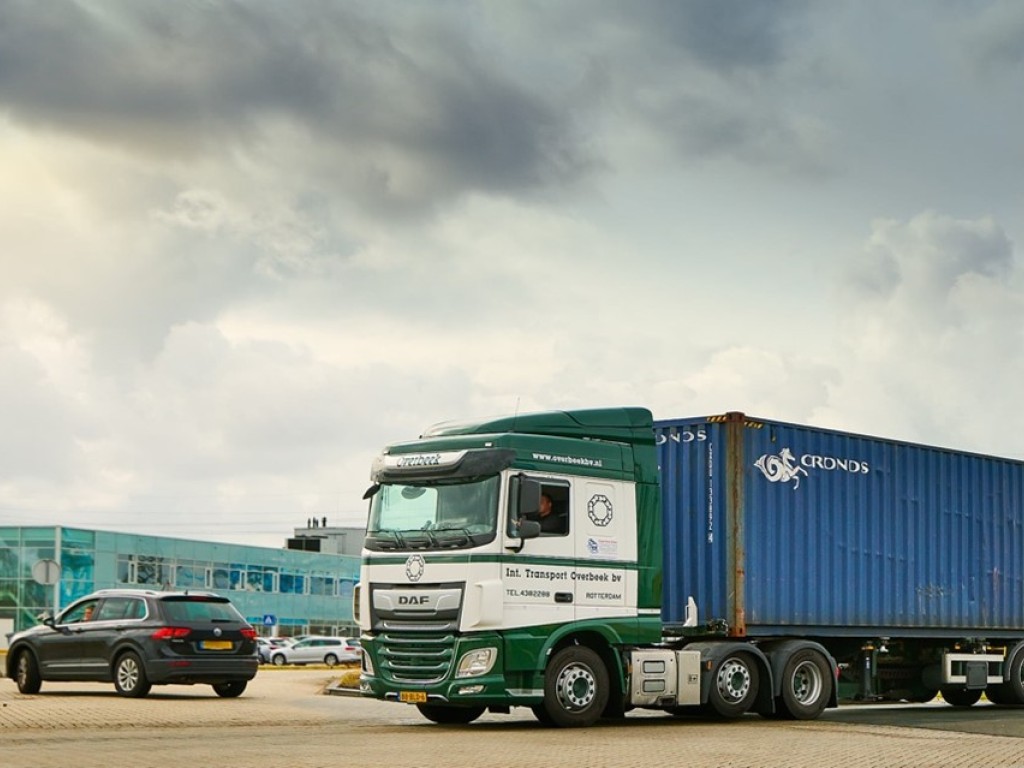RESTRETCH (REverse STREss Testing in supply Chains)

Transition towards more uncertainty
In the last years, supply chain have transitioned towards sustainable transports in normal day-to-day settings. At the same time, supply chains have moved towards a continuous state of increased uncertainty. Important for this research is that minor and major unforeseen and impactful events, such as Covid-19, the Ukraine war and 2011 Thailand floods were not included in classical stress testing approaches for risk management. This resulted in highly disrupted supply chains, increased prices and costly ad-hoc rush measures. In this project, called RESTRETCH, we develop a new reverse stress testing framework for risk management to identify catastrophic scenarios, sustainability impacts, and work backwards to indicate vulnerabilities within supply chain.
Relation to resilience, competitiveness and sustainability
The goal of the project is to develop a reverse stress test framework that is focused on first identifying key nodes or areas of vulnerability within the supply chain. Then, critical scenarios that lead to failures of (part of) the supply chain. By conducting a reverse stress test, companies can better understand the potential risks to their supply chain and improve their resilience by taking proactive measures to mitigate those risks. Ultimately, reverse stress testing can help companies avoid costly disruptions, unnecessary environmental impact and maintain business continuity in the face of unexpected events.
Consortium partners
The consortium consists of the knowledge partners Wageningen University and JADS together with four large industry partners: Nobian, Hoogwegt Group, VION and Vos logistics. The main research is conducted by Wageningen University by means of senior researcher and a PhD position at the Operations Research and Logistics group. In addition, two engineering doctorates at the JADS, as well as MSc theses perform practical reverse stress testing research. This approach enables an intensive collaboration research with the industry partners of the consortium.
Activities and work packages
During the three years of the project (October 2023 through September 2026), we work on five work packages: 1) Mapping supply chain risks and sustainability impact, 2) Reverse stress test framework, 3) Industry cases, 4) Communication and valorization and 5) Project management.
Expected results and innovation
The RESTRETCH vision is to develop a general framework for reverse stress testing supply chains. To make the framework generally applicable, it is applied at the industry partners and revised with their insights. For Wageningen University and JADS this provides a unique opportunity to work on state-of-the-art risk management that has direct value in practice at industry partners. Industry partners gain insight in the resilience of their supply chain and can improve resilience and sustainable mitigating approaches based on the results of the engineering doctorate, PhD project, and MSc theses.
Valorization and implementation strategy
Wageningen University and JADS focus on the development of the reverse stress testing framework on a scientific basis and dissemination through top academic journals and professional and academic conferences. Development of training materials and cases to be used for a wider audience than the consortium is an integral part of the approach. A crucial part in the valorization lies with the four large industry partners. On the one hand, insights in the practical use of the framework is evaluated through MSc theses and engineering doctorates, and on the other hand these projects contribute to the development of cases and training materials.